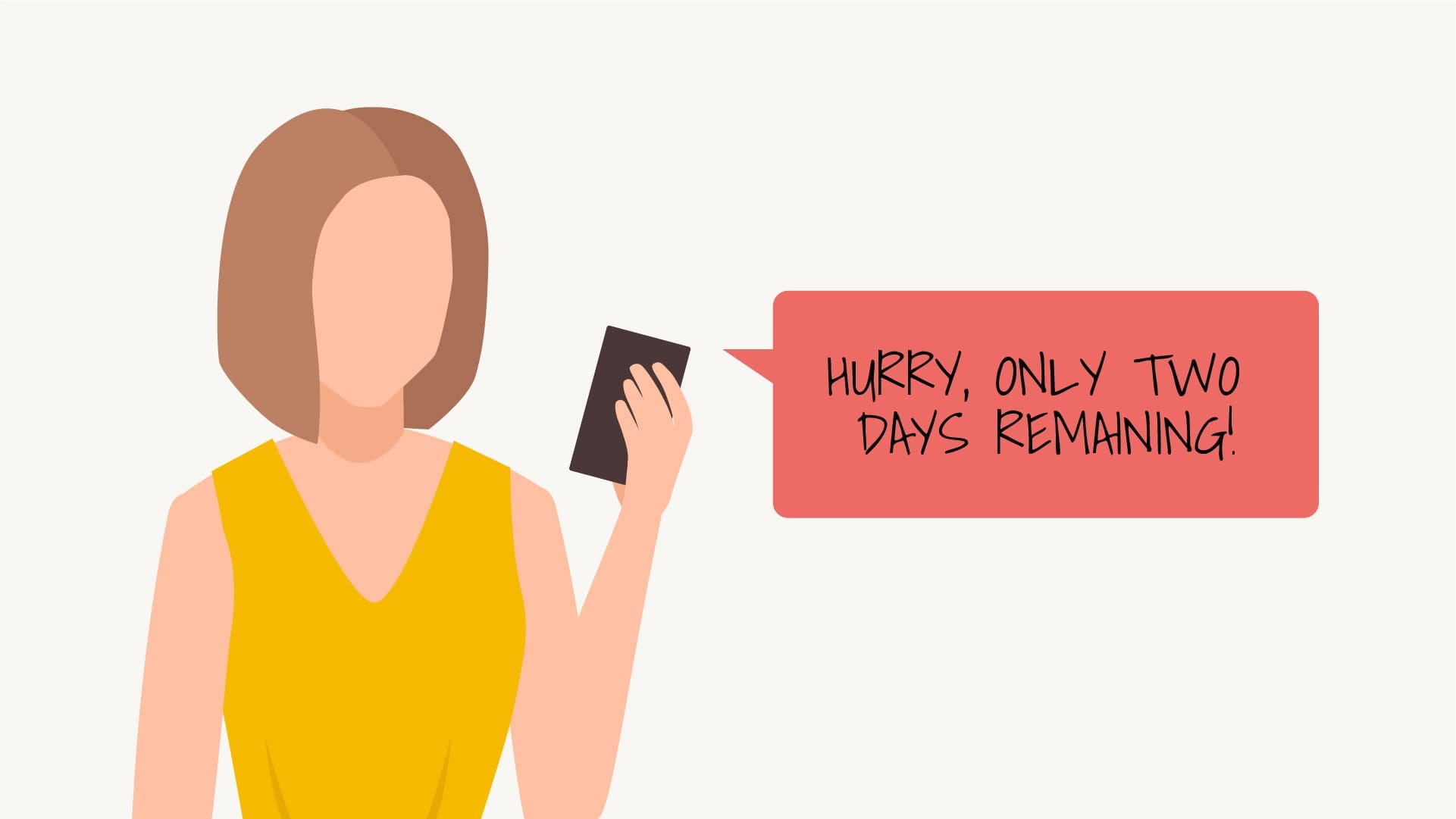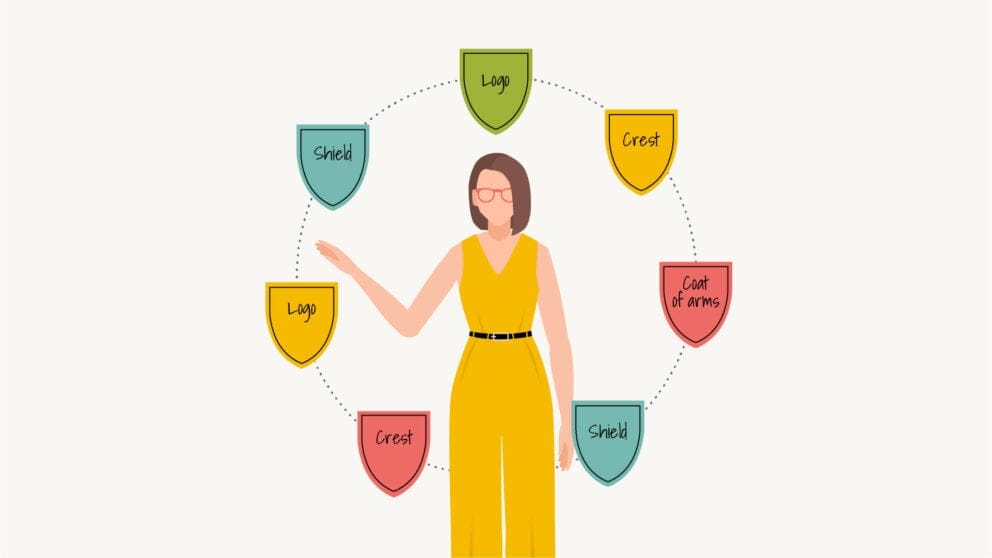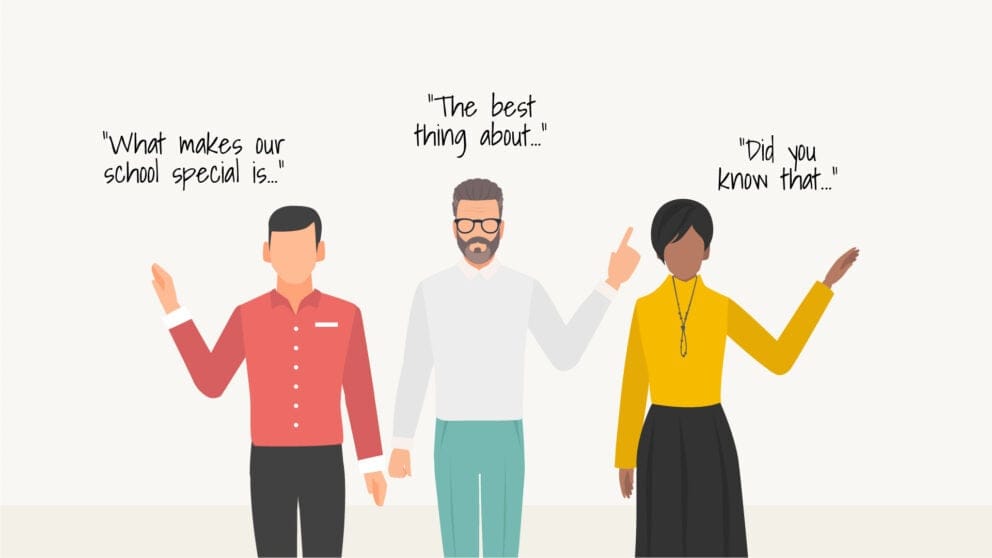
You’re reading this because something in the title made you click on it. Maybe that was a psychological trigger, and maybe your campaigns would drive more action by putting them to good use.
Your campaigns may engage your audience, but do enough people act? Are you getting enough sign-ups for your open day or donations to your appeal? Psychological triggers could make your campaigns more effective.
So what is a psychological trigger? They’re used by marketeers to influence our behaviour, and we’re all influenced by them, often without realising it. Let me give you an example…
I bought a coat from an online retailer recently. I was vaguely in the market for one but I certainly wasn’t at the point of ‘needing’ it.
I’m not an especially decisive shopper and tend to procrastinate over purchases like this. I find something I like, I mull it over for a few weeks, go back and look at it again, and mull it over some more. Eventually I either forget about it, I no longer need it (in this case maybe summer has arrived!), or I find the decisiveness within me to commit to the purchase.
But on this occasion, having found a coat I liked, I bought it there and then. I mulled over it for minutes not months. I was uncharacteristically decisive.
The coat wasn’t reduced and – in post-purchase hindsight – not especially nice. So why was I so decisive? Because of four simple words written in red text just above the ‘add to basket’ button:
‘Hurry, only 2 left’.
If I think about it rationally, the likelihood was they’d be getting more in stock very soon, or I could probably have found another (nicer) coat elsewhere. But those four words made me act on an emotional level and I felt compelled to buy it or miss out forever.
That’s what psychological triggers do – they tap in to human nature and feed on our emotions and impulses to influence our actions.
The title of this article plays on our fear of missing out (FOMO). Well, if you didn’t click on it, you would never know, would you?
You almost certainly already use psychological triggers in your campaigns, you just don’t give their use as much thought as you should.
Let’s look at four triggers you could use in your school’s campaigns.
1) Fear of missing out (FOMO)
We’ve all heard of this because it’s been the driving force behind the addictiveness and growth of social media.
You can put this into action by highlighting the closing dates for applications and promoting the fact that events have limited places available. Promoting the sense of community will also compel others to join in.
2) Social proof
This is one you are already using through quotes and testimonials. We are social creatures and look to others to guide our own behaviour. A recommendation from a peer is way more powerful than the school saying the same thing, but don’t go overkill – one or two really good quotes are worth more than half a dozen mediocre ones.
3) Urgency
Putting a time limit on an action you want your audience to take will reduce procrastination and increase leads. How many times do you tell yourself “I’ll do that later” but never do?
Simply advertising the closing dates and sending countdown reminders to those who have shown an interest can make a difference.
4) Authority
As pack animals we tend to listen more intently to leaders and figures of authority (although this is not always the case, especially in politics!).
Use the Head as a figurehead in your communications, and emphasise any quality third-party endorsements and affiliations, such as Good Schools Guide reviews, iaps, bsa and so on.
Human behaviour is complex, but an understanding of some basic triggers could be the icing on the cake to drive more action in your next campaign.


